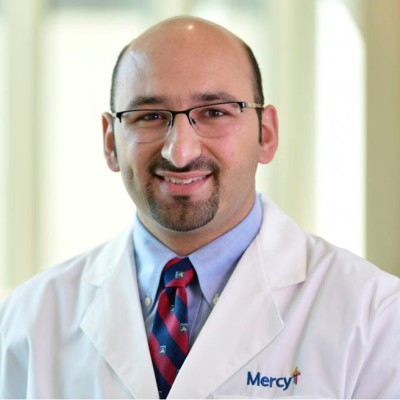
From Brain Drain to Brain Gain: Rethinking How We See Living Abroad
For as long as people have existed, migration has been part of our story. Our ancestors moved in search of food, water, and survival. Today, many of us move for education, training, and opportunity. Stepping outside one’s home country forces you to think differently, adapt, and reimagine what’s possible.
Physicians have a long tradition of seeking training abroad. The reasons vary: broader exposure, exposure to different schools of medicine, access to advanced technologies, and sometimes financial incentives. Whatever the reason, that journey shapes more than careers; it shapes character. Experiencing another culture teaches humility, empathy, and a deeper respect for human diversity. These qualities make better doctors, and ultimately, better human beings.


The phrase “brain drain” has long carried a negative connotation. It suggests loss; talented individuals leaving, never to return, draining their countries of expertise and potential. That picture is incomplete. The reality is shifting. Increasingly, professionals abroad are not severing ties but creating new ones.
What we’re witnessing is a transformation from drain to exchange. Many who leave are creating nonprofit organizations, building cross-border businesses, mentoring younger professionals, and opening doors for those who follow. They bring back knowledge, networks, and resources that can enrich their communities at home.
Instead of seeing migration as a one-way ticket out, we can see it as an evolving bridge that connects rather than divides. The doctor trained in Boston who mentors a medical student in Amman. The engineer in Dubai who invests in a startup back home. The teacher in Texas who helps redesign a curriculum for her local school district. These are not isolated acts; they are multiplying.
The challenge is not to stop people from leaving, but to reshape how we perceive those who do. Migration can be both a personal journey and a collective gain. When we move beyond the language of “loss” and instead embrace the idea of shared growth, we uncover an opportunity: the chance to turn brain drain into brain gain.




